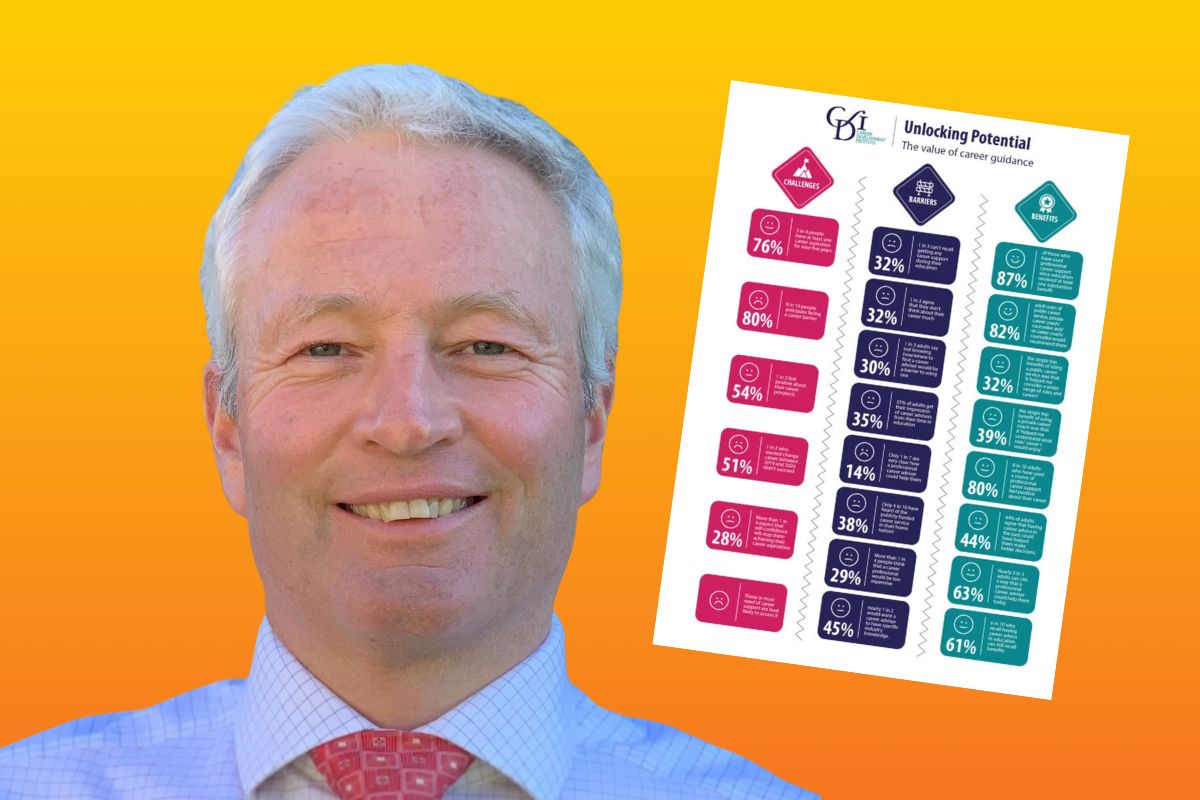Future funding for UK universities under examination

Members of the public, students and politicians are being invited to have their say in a ‘national conversation’ on the future of university funding.
Universities UK will be working with governments, political parties, consumer groups, employers, staff, students and the wider public, with the aim of identifying possible long-term approaches to the funding that universities receive for their teaching and research.
The current funding system for university teaching in England has increasingly been called into question with major challenges for students and universities alike.
Students are contending with a cost-of-living crisis which means 91% are worried about living costs, according to recent ONS data. Meanwhile the maintenance package in England is at its lowest value in seven years, and the parental earnings threshold – above which a student does not quality for maintenance support – has been frozen since 2008.
The cost-of-living crisis, combined with inflation, are putting pressure on university budgets through increased support for students, staff and rocketing energy costs. Fees and grants do not cover the full cost of teaching students in England and, despite the rate of inflation, are pegged to a level set in 2012-2013, until at least 2024-25. The £9,250 fee is currently worth only £6,600 in 2012-13 prices, and high inflation will reduce its value further over the next two years.
This initiative will consider the funding of tuition in England, including how it supports students to make decisions on where they choose to study on a financially sustainable basis for them and for institutions. It will consider the implications for devolved jurisdictions of any possible changes to the English funding model, and how to support student mobility across the internal boundaries of the UK. It will also consider UK-wide support for research and innovation and how it operates in diverse devolved settings.
The ‘national conversation’ aims to bring people from inside and outside the sector together to put a range of possible ideas on the table and to come up with creative and innovative solutions.
The group is chaired by Professor Jenny Higham, Vice Chancellor of St George’s, University of London and UUK’s funding policy lead, who said:
“There is a lot to celebrate about our higher education system; world-leading research, the highest degree completion rates in the OECD and an overall annual economic contribution of £95 billion. The UK Government’s Autumn Statement cited universities as one of the fundamental strengths of the UK to support growth. But if the sector is to fully meet its potential for economic growth, skills and research, it must be supported by the right level of funding.
“Instead, overall university funding is forecast to drop to its lowest level in real terms since the 1900s, while graduates are paying more than ever. The one thing that many viewpoints can agree on is that changes are needed to the current system. It is time to have bold and serious discussions about a solution to this, to ensure a high-quality student experience and world-class research.”
Tom Allingham, Head of Editorial at Save the Student said:
“At a time when so many students are struggling to get by, a review of higher education funding is urgently needed.
Now in its 10th year, our National Student Money Survey has consistently shown that the Maintenance Loan simply isn’t enough to live on. The cost of living crisis has pushed this issue to breaking point, with the shortfall between the loan and living costs this year reaching a terrifying £439 a month. Now, more than ever, we need recognition of this issue from across the sector, and for those in power to implement a substantial, long-term increase in maintenance funding.
Of course, many universities are facing difficulties too. Students are already feeling the effects of this, be it through industrial action, insufficient accommodation options, or limited availability of hardship funding. But this shouldn’t be an excuse to burden students with extra tuition fees. Graduate debt is already at its highest ever level, and the conversations proposed by UUK are an excellent opportunity to explore alternative sources of funding for universities.”











Responses